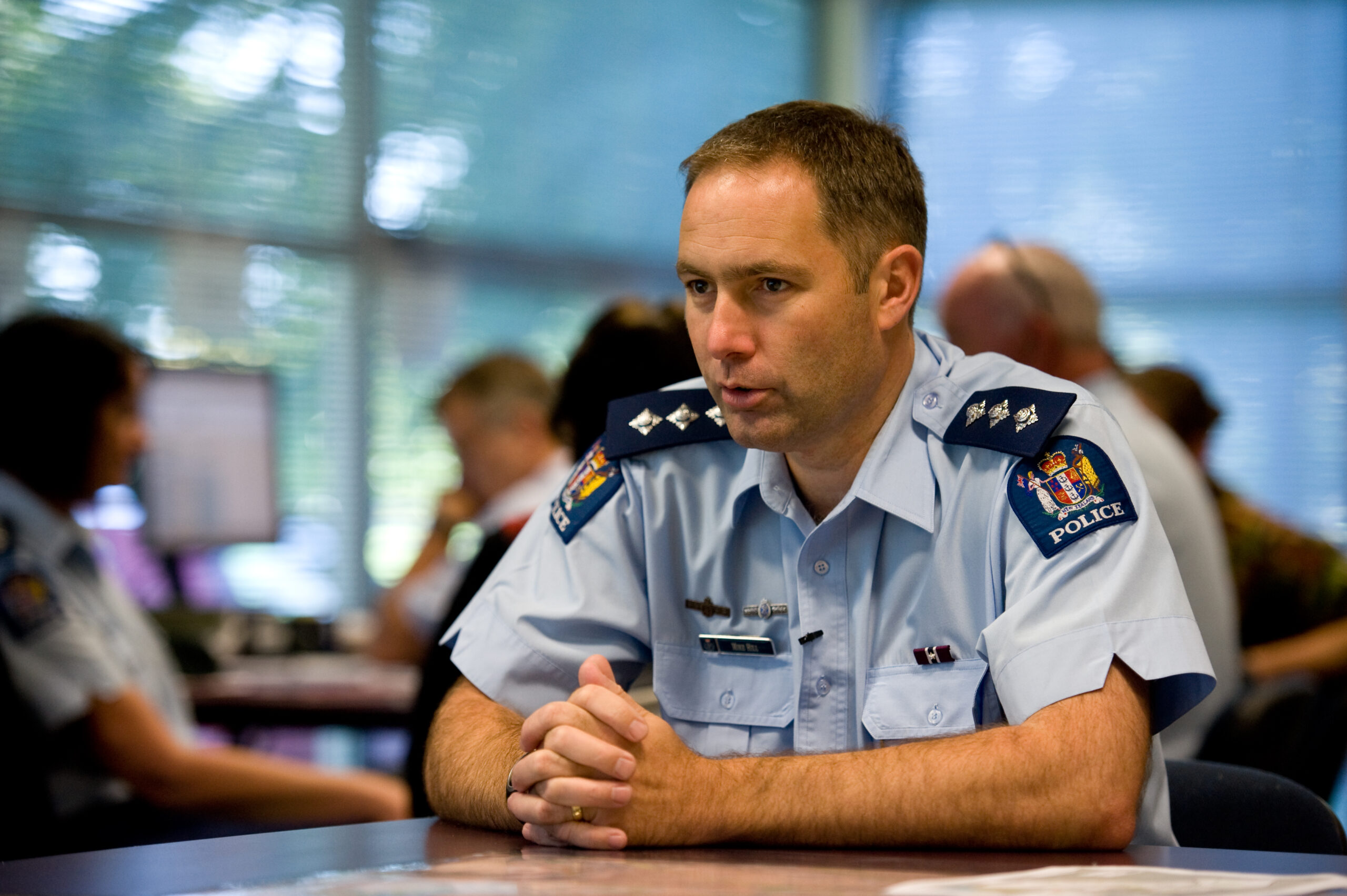Police will attend fewer mental health callouts that aren’t associated with a crime or high level of risk from November.
It’s the first stage of their planned withdrawal from mental health 111 callouts. The next phase involves officers leaving sooner after handing over to health staff.
This media release contains information some readers may find distressing as it refers to mental health, suicide and self-harm. If you or anyone you know needs help, support is available now. Call Lifeline (NZ) on 0800 543 354.
The Science Media Centre asked experts to comment.
Anthony O’Brien, Associate Professor in Mental Health Nursing, University of Waikato, comments:
“I’ve been involved in research in this area for almost 20 years. For many years police have reported increasing numbers of mental health related callouts. I have questions about the validity of these police numbers. Under the NZ Police model of community policing, police have been more aware of the mental health issues underlying many calls for police service. It is this awareness that has, I believe, inflated the numbers of cases police report as mental health related.
“However it is also my perception that police have come to be the agency of first response to many people with mental health issues, and there is scope for police to reduce their involvement in some of these cases. For example if a person suggests that they have thought of self harm, it would be appropriate for a social or health practitioner to lead the initial response and assess the degree of risk, ideally arranging further assessment and support. The idea of a multiagency response is a good one in my opinion. This would allow police and other agencies to consider which is the best agency to respond initially, with the option to involve police if that subsequently becomes necessary.
“There is a subset of cases in which police will continue to be the agency of first response to incidents involving mental distress in community presentations. It is worth noting that the recently introduced Mental Health Bill (due to pass into law in 2027) continues the current role for police assistance in mental health emergencies in the community. The proposed legislation continues the current 6 hour period of police presence for people transported to a place of assessment (usually emergency department).”
Conflict of interest statement: “I’m a mental health nurse with experience as a duty authorised officer under the 1992 Mental Health Act. I’ve been involved in research and publication in this area. I’m not currently receiving any research funding in this area.”
Associate Professor Sarah Gordon, Te Huataki Waiora – School of Health, University of Waikato, comments:
“We undertook research into Police engagement with people experiencing mental distress. One of our main findings was that frontline police officers are being used as a primary and/or default mental health and social support service.
“Many calls, however, were assessed by the research team as not necessarily requiring a police response and, instead, could have been supported through a mental health or social service-led response. Relying on police as first responders for mental health related events can lead to inappropriate treatment, which is experienced as degrading, discriminatory, and traumatic. This is often due to the criminalisation of people’s distress.
“As a result, one of our main recommendations was that proactive work be undertaken to transition from police-led responses to mental health/social-led responses. Hence, we welcome the announcement of the Police of their phased plan to reduce service to mental health demand.
“However, we are also wary that an unintended result of this plan is that people experiencing mental distress may not have access to any help whatsoever. These lines in the sand for Police reducing services must correspond to others being prepared and having the ability to increase services.”
No conflict of interest.
Dr Ian de Terte, Associate Professor/Clinical Psychologist, School of Psychology, Massey University:
“The police have indicated that they will reduce attending mental health callouts. They have a very stressful job, and it is vitally important that mental health clinicians attend these callouts as they have been trained to deal with people who have mental health concerns.
“The police will gradually reduce their support, and I understand this has been communicated by the police to Health New Zealand. I understand the police will support mental health clinicians in their work and events where there is any immediate risk to life and safety. I think it is imperative that if anyone has a mental health crisis those events are attended by a mental health clinician. However, these clinicians need to be given the resources to adequately attend these events.”
Conflict of interest statement: “Ex-member of the New Zealand Police.”
Antje Deckert, Associate Professor in Criminology, AUT, comments:
“I recently supervised a Masters thesis by Amanda Hunter which looked at police callouts to suicide interventions in Aotearoa. It was a small explorative study, but its findings shed some light on the experience of people who had attempted suicide and their next of kin who interacted with police.
“Overall, the satisfaction with police interventions in suicide attempts was mixed, largely depending on the officers’ innate communication and social skills.
“The literature shows that police officers, having received little training on mental health interventions, often feel ill-prepared to deal with mental health callouts. Co-response teams, of mental health workers with police as backup if the use of force becomes necessary, are the preferred intervention option.
“So, while reducing police callouts to people in a mental health crisis might work in favour of both police officers and the people in crisis, the subsequent intervention gap needs to be filled with an appropriate response. If the gap remains unfilled, we risk people not receiving the care they require and the worsening of our suicide statistics.”
No conflict of interest.
